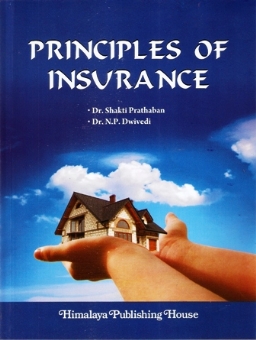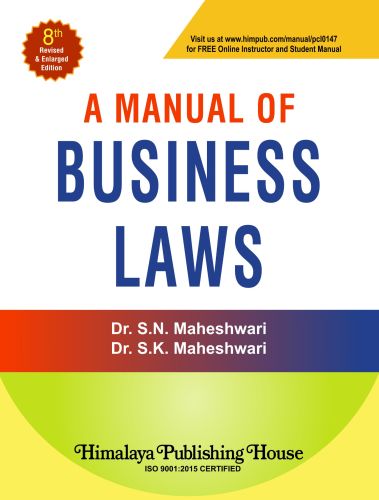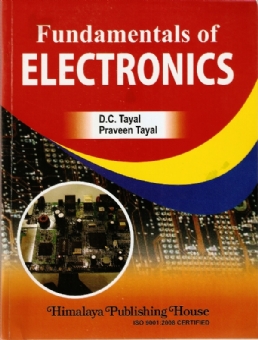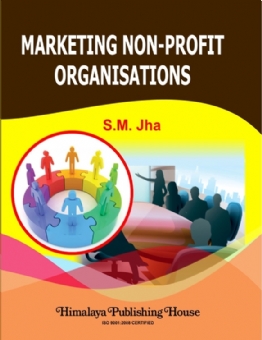There are innumerable threats of financial losses in one`s family and business. At present, economic security has become paramount for human beings in all spheres of their lives. to eliminate or reduce the financial risk, it has become utmost important for all the human beings to get their movable/immovable property and their life insured. Insurance is not only beneficial for the individual concerned but it is an effective tool for economic development of the community and the nation at large.
Today, insurance has become an important device for risk management as it affects people in all walks of life. That is why insurance industry secures an important place among financial institutions operated in service sector throughout the world. Due to increasing complication of life, trade and commerce, individuals as well as business entities tend to move to insurance to manage various risks. Every human being in the world is exposed to unforeseen and unexpected hazards or dangers, which may make him and his family vulnerable. Insurance is a system that ensures an individual to protect against adverse consequences by compensate the individual his/her loss financially.
In this book, an attempt has been made to throw light on some important aspects of principles of insurance, as prescribed in the syllabi for the course.
Contents :
1. Insurance
2. Insurance Agent
3. Life Insurance
4. Elements of Contracts
5. Fire Insurance
6. Marine Insurance
7. Miscellaneous Insurance
8. Insurable Interest
9. General Insurance Corporation of India
10. Emerging Trends in Insurance Sector
11. Life Insurance Corporation of India (LIC)
12. Insurance Policies in Practice
Appendix I : Insrance Regulatory and Development Authority (Licensing of Insurance Agents) Regulations, 2000
Appendix II : According to Annual Report of IRDA 2010-11. Life Insurance Products of Various Public and Private Insurers.
Appendix III : Glossary







